Last week we offered some ideas on how to spring clean and declutter your belongings; this week we turn inward to look at how we can declutter our minds. Do you ever feel exhausted just thinking about change?
It’s easy to procrastinate when we feel anxious about the amount of disruption and effort we’ll need to make lasting change. Decluttering our minds means letting go of these preconceived ideas and anxieties, which can then help us welcome in fresh thinking and opportunities. These authors are here to guide you towards greater clarity, focus and calm:
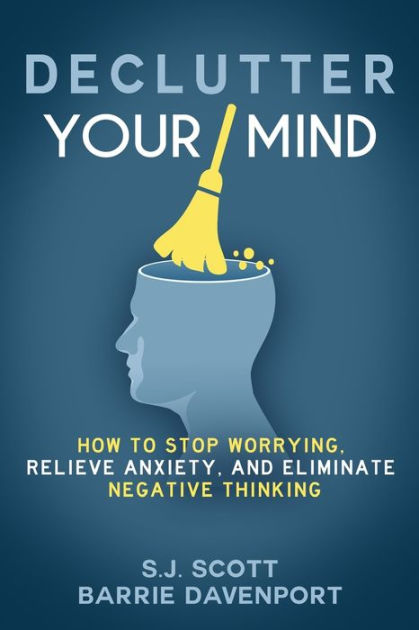 Declutter Your Mind by S J Scott and Barrie Davenport
Declutter Your Mind by S J Scott and Barrie Davenport
Do you feel overwhelmed easily? As if your mind is spinning from too many thoughts? Do you find it hard to get motivated? Or feel there is too much negativity around you? If you answered YES to any of these then you may be experiencing mind clutter. Mind clutter gives rise to anxiety, stress and frustrations – issues that can only be solved by changing mindsets and behaviours. S J Scott and Barrie Davenport show how to use mindfulness techniques to declutter our thoughts, obligations, relationships and surroundings. Declutter Your Mind is concise and readable, packed with ideas and advice.
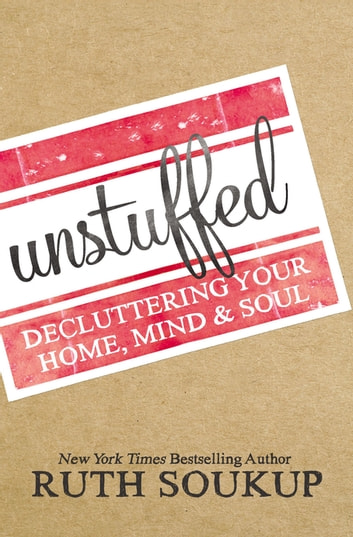 Unstuffed: Declutter your Home, Mind and Soul by Ruth Soukup
Unstuffed: Declutter your Home, Mind and Soul by Ruth Soukup
Unstuffed helps with spring-cleaning of both our physical and mental spaces. Following Ruth Soukup’s bestseller Living Well, Spending Less, Unstuffed continues to help us reduce those cravings for more of everything – possessions, relationships, responsibilities. She encourages us to think deeply, identify our most important values and prioritise accordingly, shedding unimportant stuff in the process. She also advises on how to deal with the guilt associated with letting go! For those interested in faith and spirituality, there is also a unique section on decluttering your spirit. Unstuffed comes with an app that offers further tips and support on this decluttering journey.
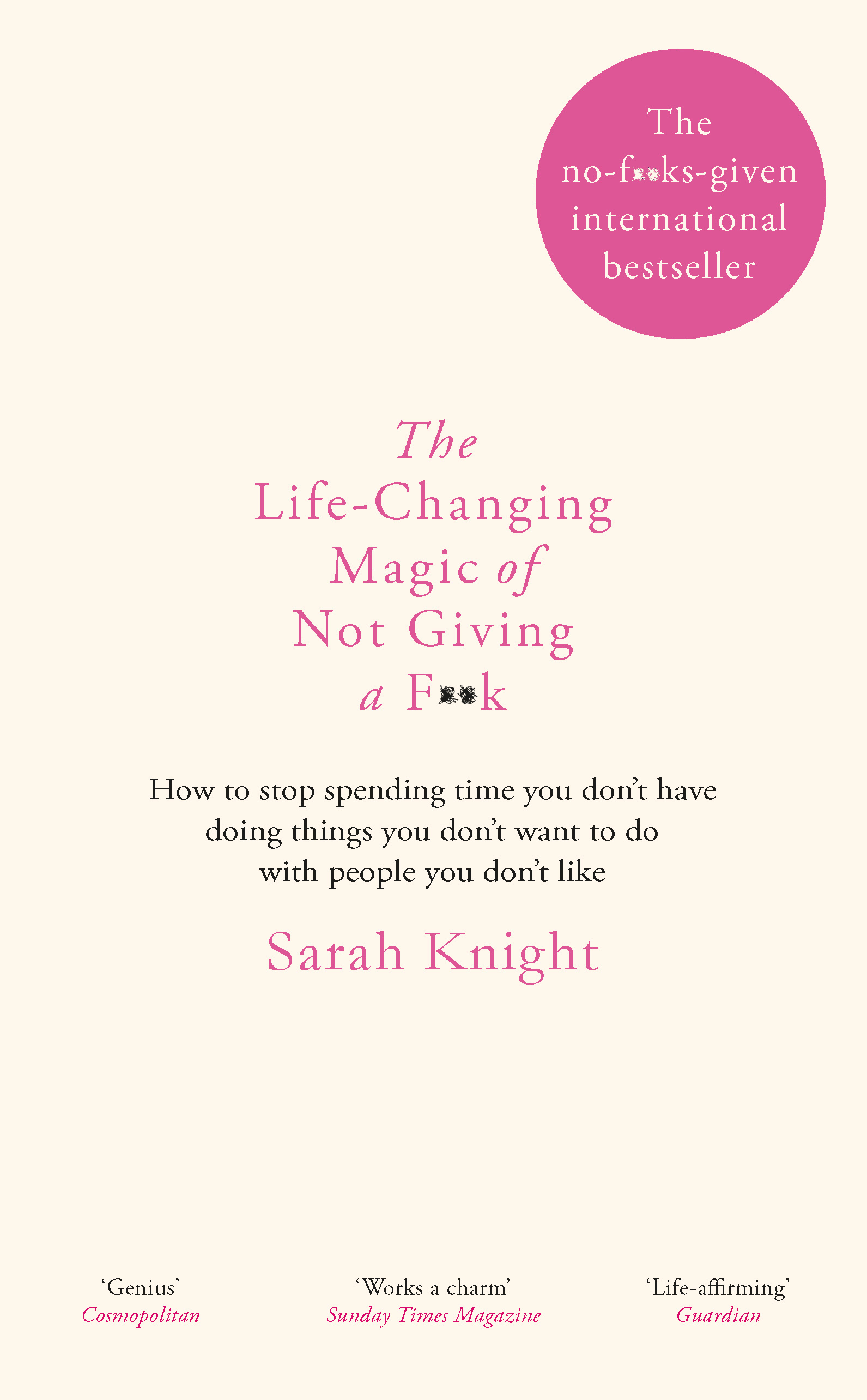 The Life-changing Magic of Not Giving a F**k by Sarah Knight
The Life-changing Magic of Not Giving a F**k by Sarah Knight
Sarah Knight penned this irreverent but heartfelt anti-self help guide when she realised her perfectionist “good girl” tendencies were the cause of her constant stress and anxiety. So she learned to give fewer f**ks – to feel OK about not being perfect, to say yes only to things she cared about. The result is letting go of everything except the things that actually matter. With a decluttered mind and fresh focus, Sarah Knight then takes us to the next level in Get Your Sh!t Together, which shows how to “win at life” – start prioritising and doing the things you actually want to do, while still managing all the sh*t you have to do.
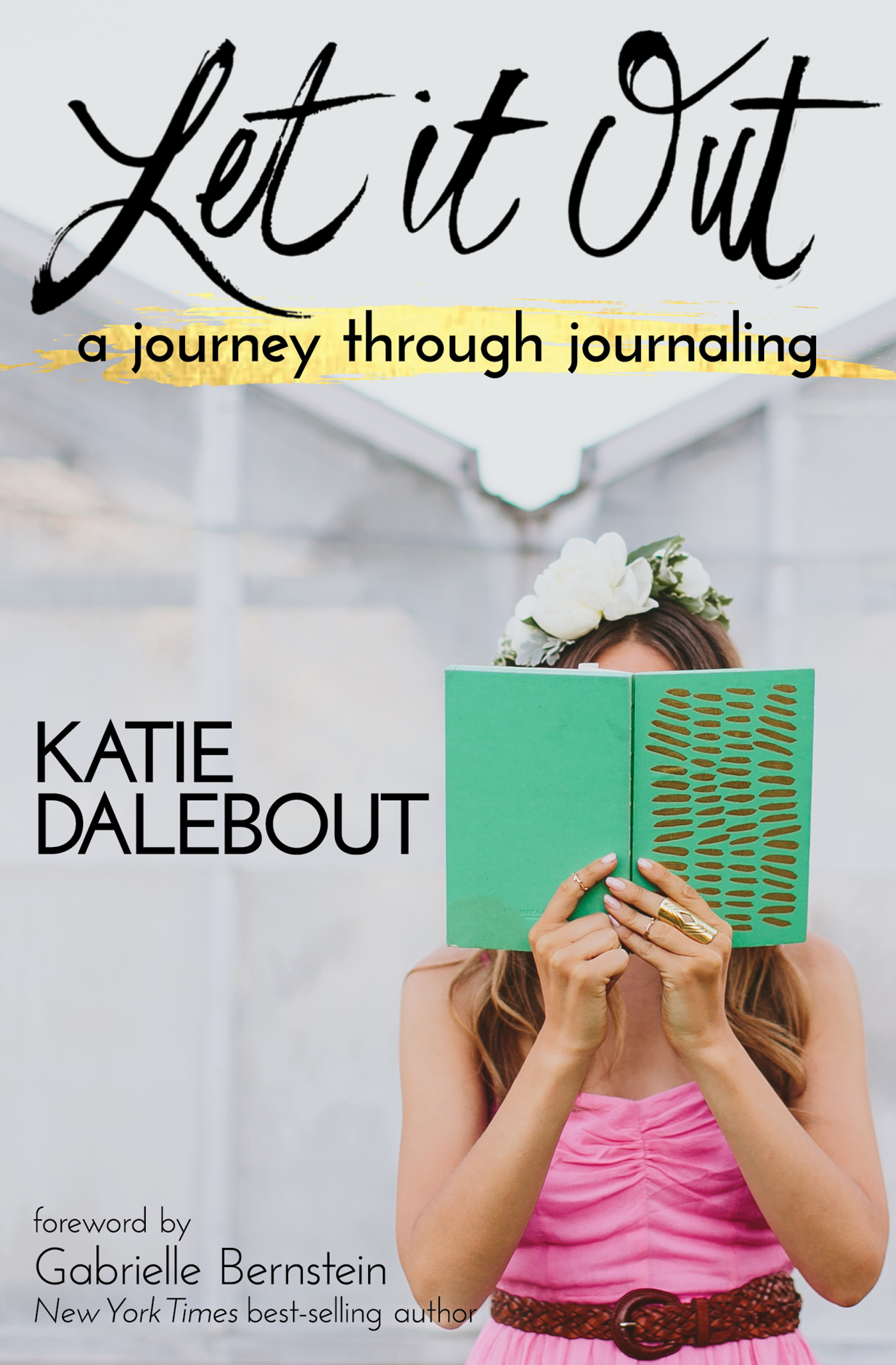 Let it Out: a Journey through Journaling by Katie Dalebout
Let it Out: a Journey through Journaling by Katie Dalebout
Journaling can be as simple as jotting down a To-Do List, or as complex as expressing your innermost feelings. In either case, it is a powerful way of relieving a load from your mind. Let it Out is both an inspirational story and a how-to guide to Journaling. Katie Dalebout has been journaling since her teens, discovering that her writing can be a plan, a review, therapy as well as life coach. She credits journaling in helping her to recover from an eating disorder. After sharing her life story in the Introduction, Katie sets out a range of journaling topics / exercises to suit different moods and purposes. Katie’s young age and experiences make this a great book to share with the teens / young adults in your life.
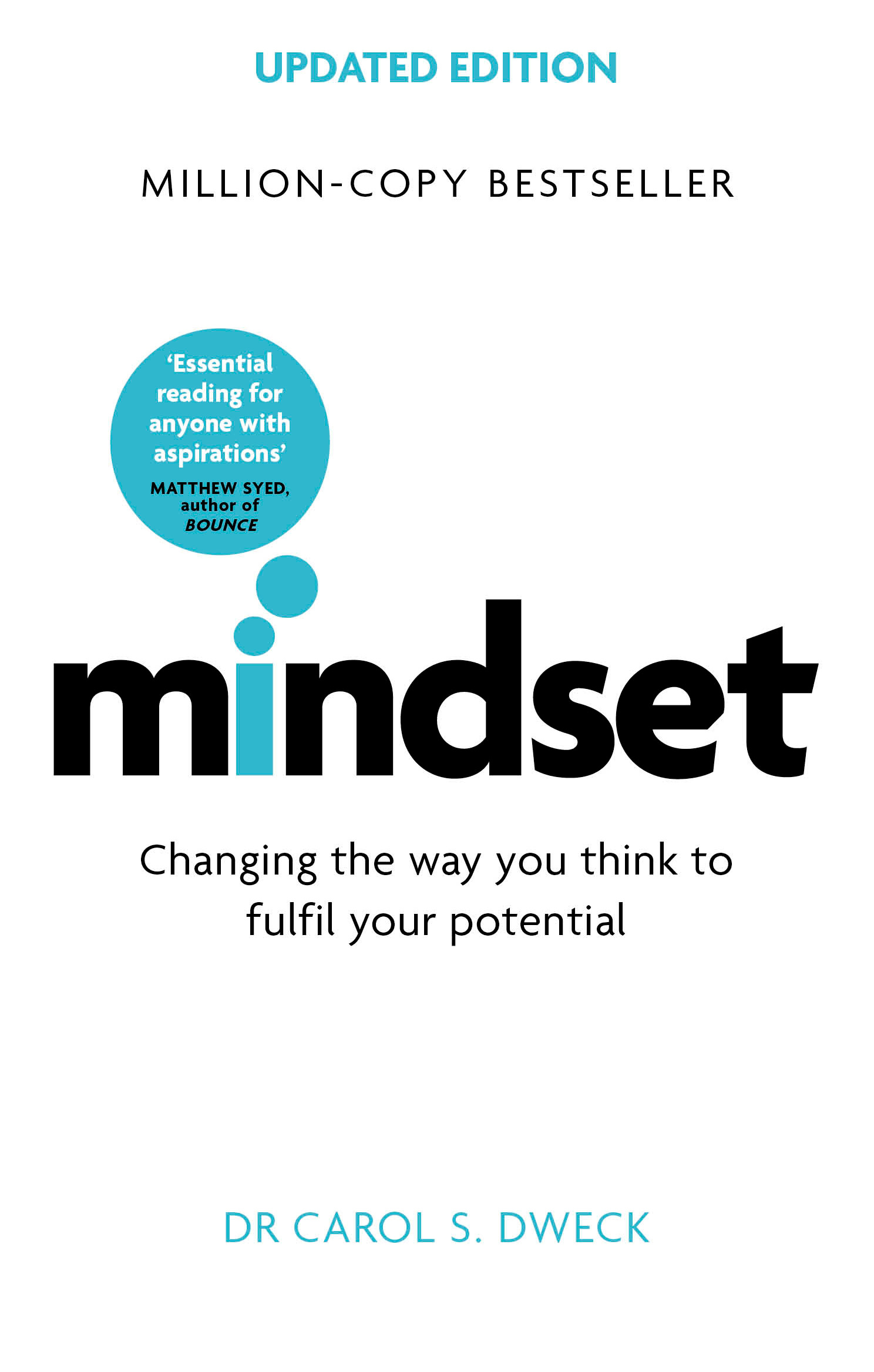 Mindset: the New Psychology of Success by Carol Dweck
Mindset: the New Psychology of Success by Carol Dweck
When Bill Gates writes a detailed (glowing) review of a book then you know it deserves attention. Carol Dweck is a psychology professor who popularised the idea of fixed mindset versus growth mindset. A fixed mindset assumes ability is innate and thus success is largely predetermined; while a growth mindset believes that ability is the result of effort and persistence, and thus can be attained by anyone. A growth mindset makes us more resilient and helps us maximise our potential. I’ve included Mindset here as inspiration of what can be achieved when our minds are unburdened by anxieties, bad habits and negative self-talk, which tend to contribute to a fixed mindset.
 Smiling Mind
Smiling Mind
S J Scott advocated mindfulness in Declutter your Mind, but, if you’re like me, you might prefer to learn mindfulness while listening – this is where Smiling Mind comes in. Smiling Mind is a non-profit organisation aimed at making mindfulness techniques accessible to all ages. They have two excellent free apps (one for smart phones and a web-based app for computers) co-developed with psychologists and health professionals. These apps offer something for everyone – there are guided practices of different lengths, separately aimed at kids, teens as well as adults. My local school uses Smiling Mind in the classroom and I know many parents who use it in their children’s bedtime routines. The Smiling Mind website also offers tips on how to use mindfulness meditation at schools or in the workplace.